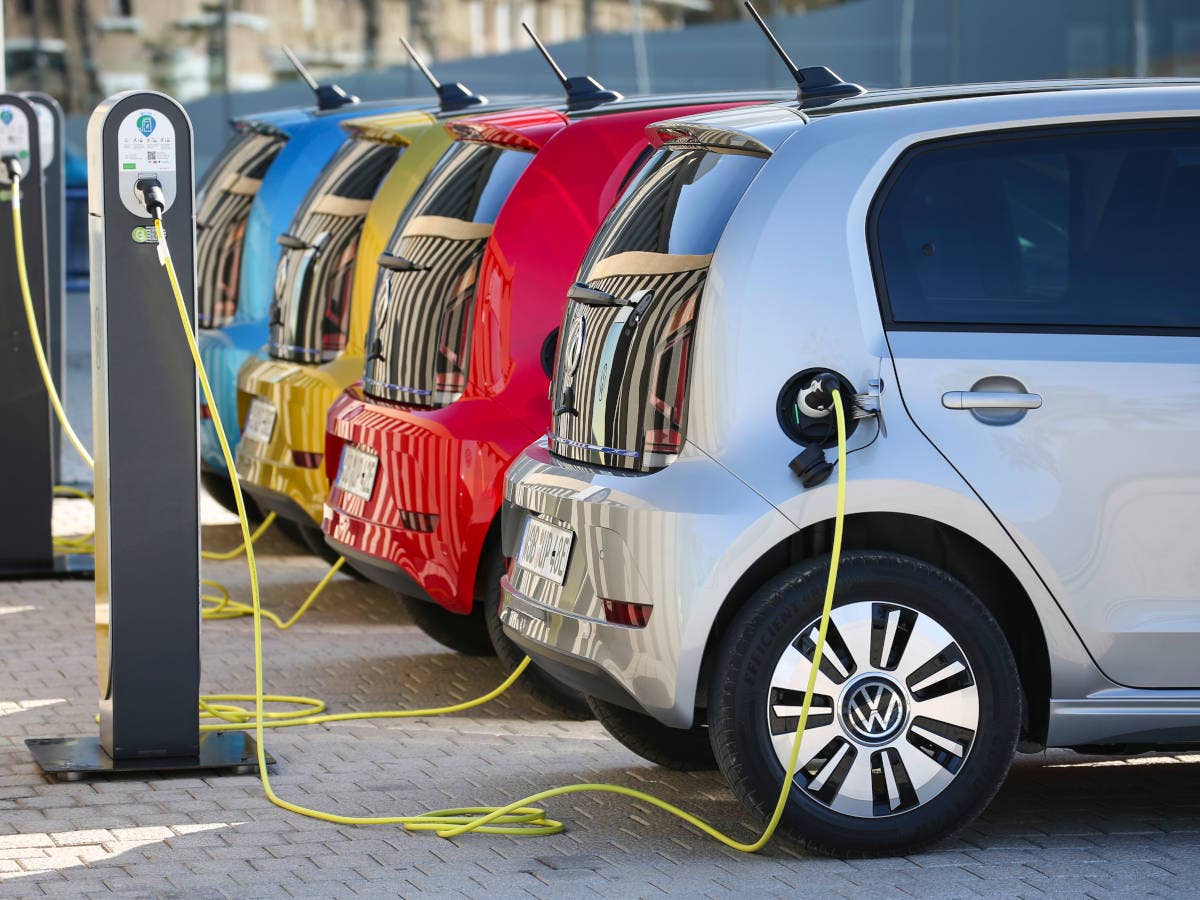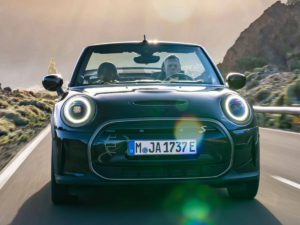The car manufacturer Volkswagen is currently working with the power plant Tubes GmbH on a fuel cell. It may therefore be possible to drive up to 2,000 kilometers in one go in a hydrogen car in a very short time. The question: does the electric car still have the future?

In the automotive industry, for many manufacturers, electric cars alone are the future. But hydrogen-powered vehicles are another environmentally friendly alternative. According to Business Insider , the VW group is working on a fuel cell drive with the power plant Tubes GmbH. This should offer a range of around 2,000 kilometers cheaper than the current technology and hydrogen cars. Kraftwerk boss Sascha Kühn told Business Insider: “It always works like this: we deliver the core technology and then work with the manufacturer’s engineers to design this further development and the vehicle.”
BETTER TECHNOLOGY THAN PURELY ELECTRIC VEHICLES?
The fuel cell designed by VW is intended to stand out from the conventional technology installed in fuel cell production vehicles from Hyundai and Toyota. “The main difference to the fuel cells from Hyundai and Toyota is that we use a ceramic membrane instead of the usual plastic membrane. That’s a huge difference. We are the only manufacturer of this technology that produces the ceramic membrane in such a way that the fuel cell can be started quickly,” says Sascha Kühn. “The great advantage of our solution is that it can be produced much more cheaply than polymer fuel cells and does not require any platinum at all.”
This would eliminate the need for costly and complex systems. This is because the polymer fuel cells do not require any plastic membranes for humidification in order to freeze at low temperatures and dry out at high temperatures. At the same time, this type of fuel cell no longer requires the critical raw material lithium, which is installed in most all-electric vehicles. “Lithium is definitely not a way. The solid-state battery would be an option, but it’s not that far along,” says Kühn.
GOALS ARE SET – BUT THE MARKET LAUNCH IS STILL A LITTLE FAR AWAY
Kraftwerk Tubes GmbH and the VW Group have already applied for a patent. Nevertheless, Tubes GmbH assured that they do not work exclusively for one company. Regardless of the manufacturer, their goal is to use the technology in a production vehicle by 2026. The power plant wants to produce up to 10,000 series vehicles, spread over several manufacturers.


